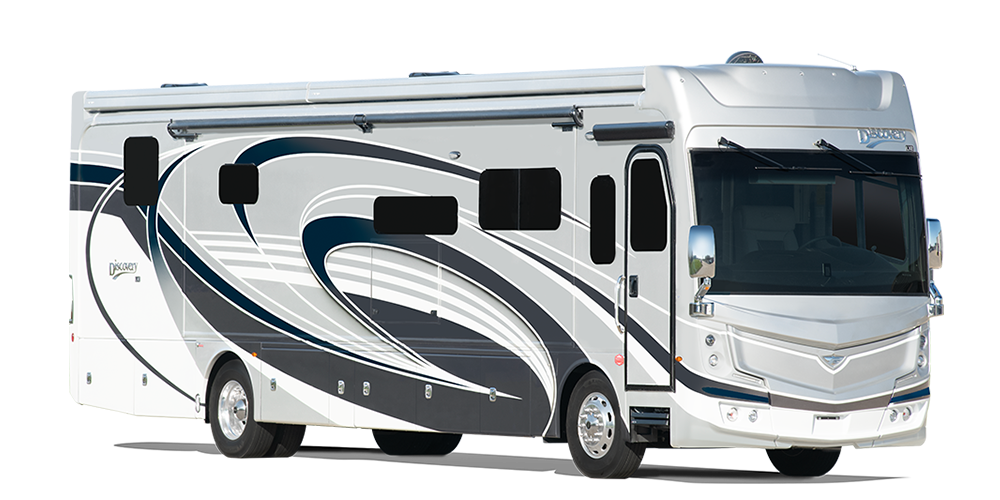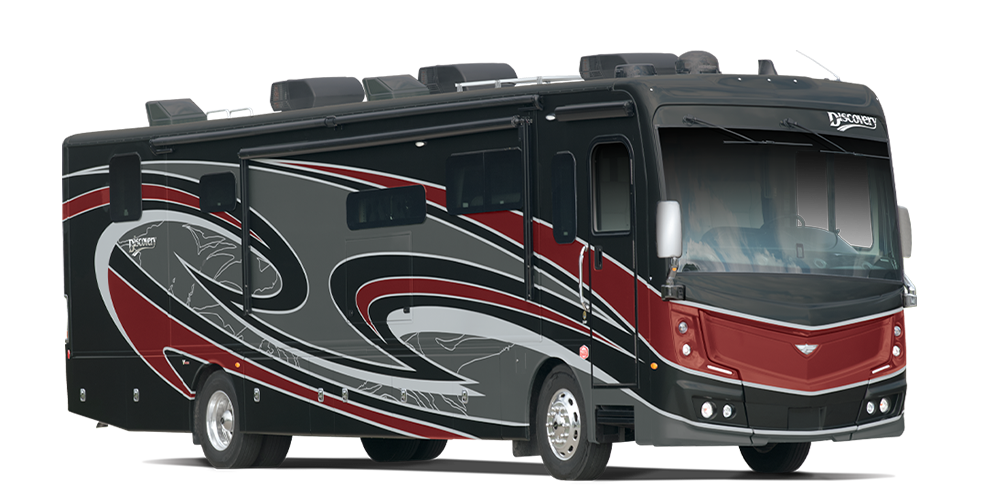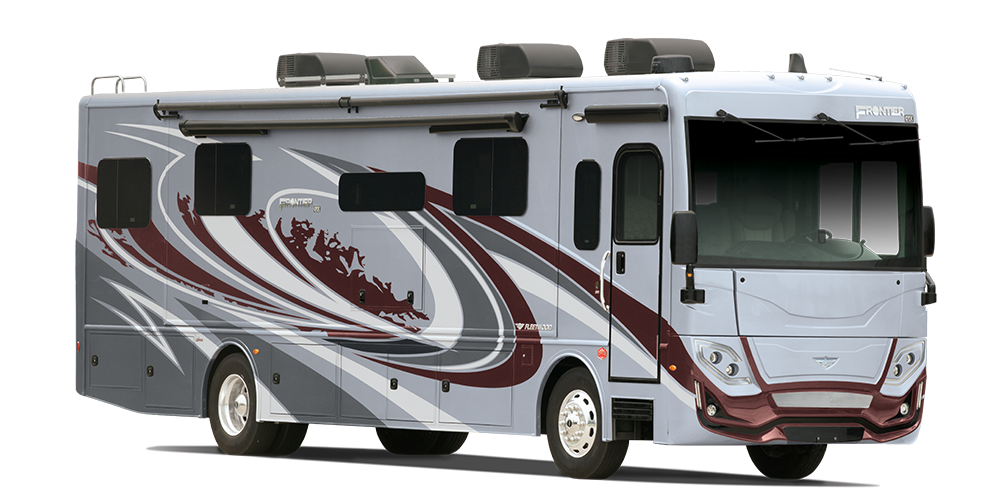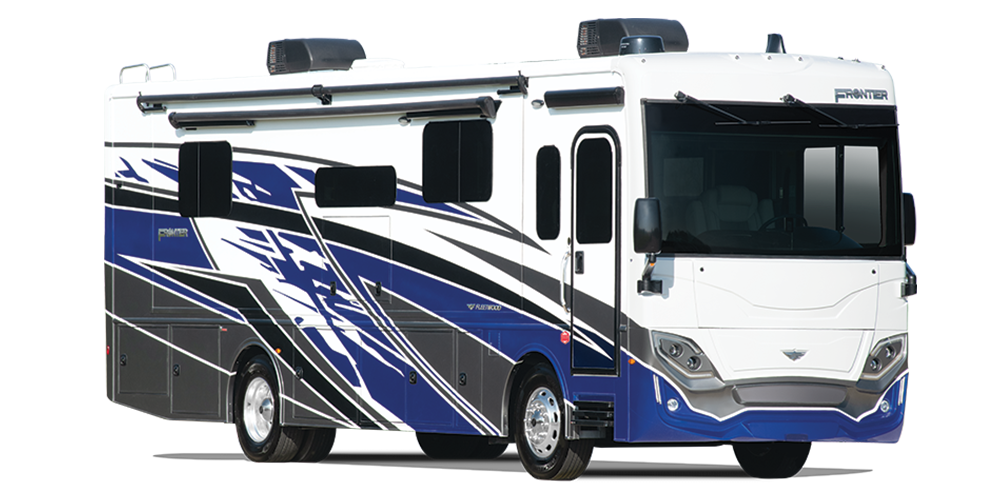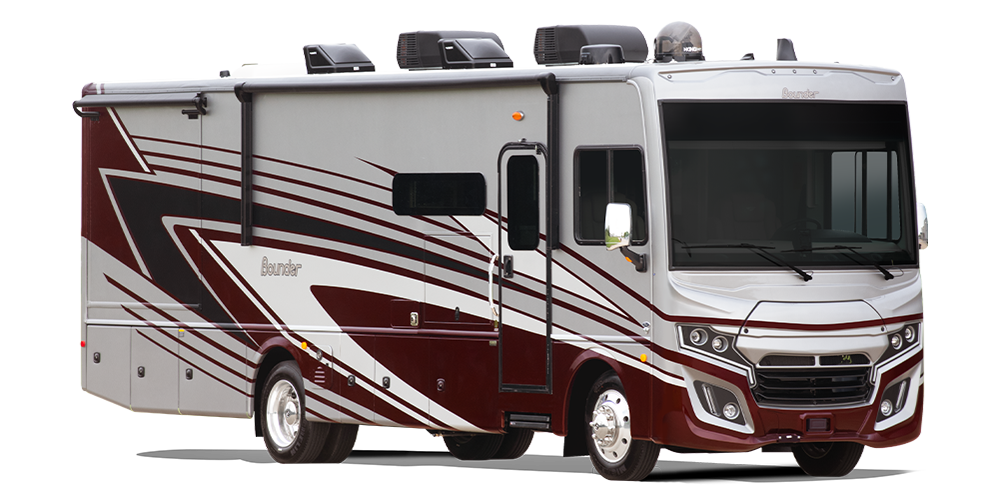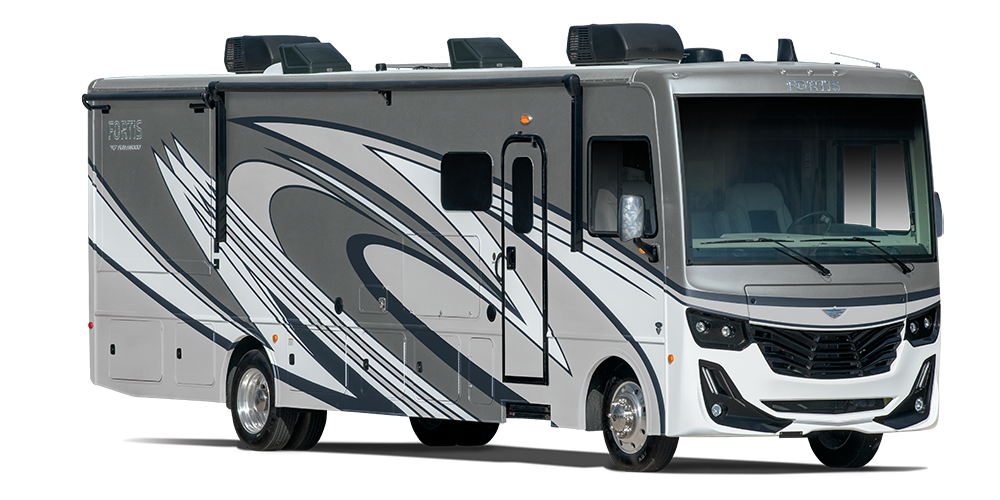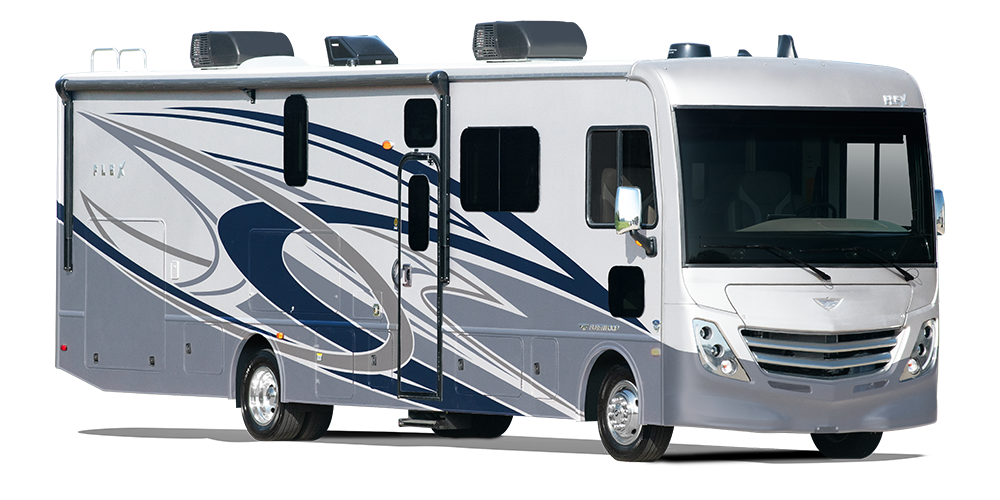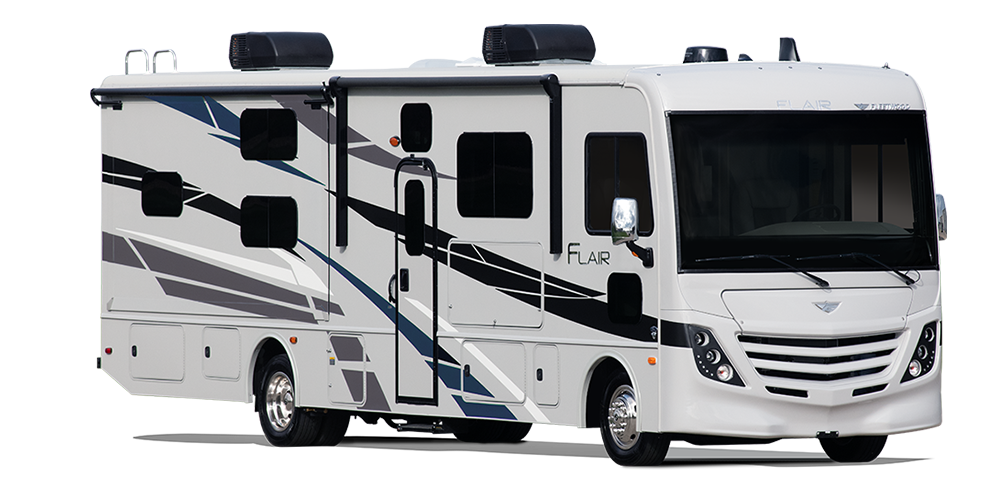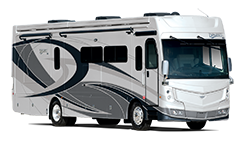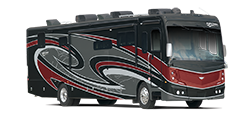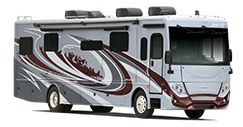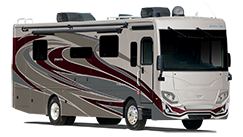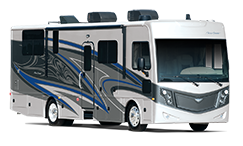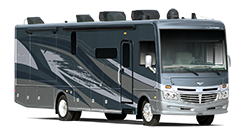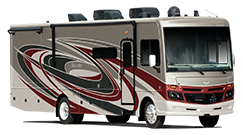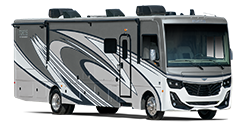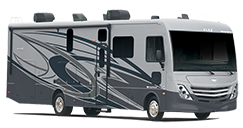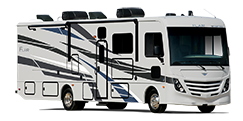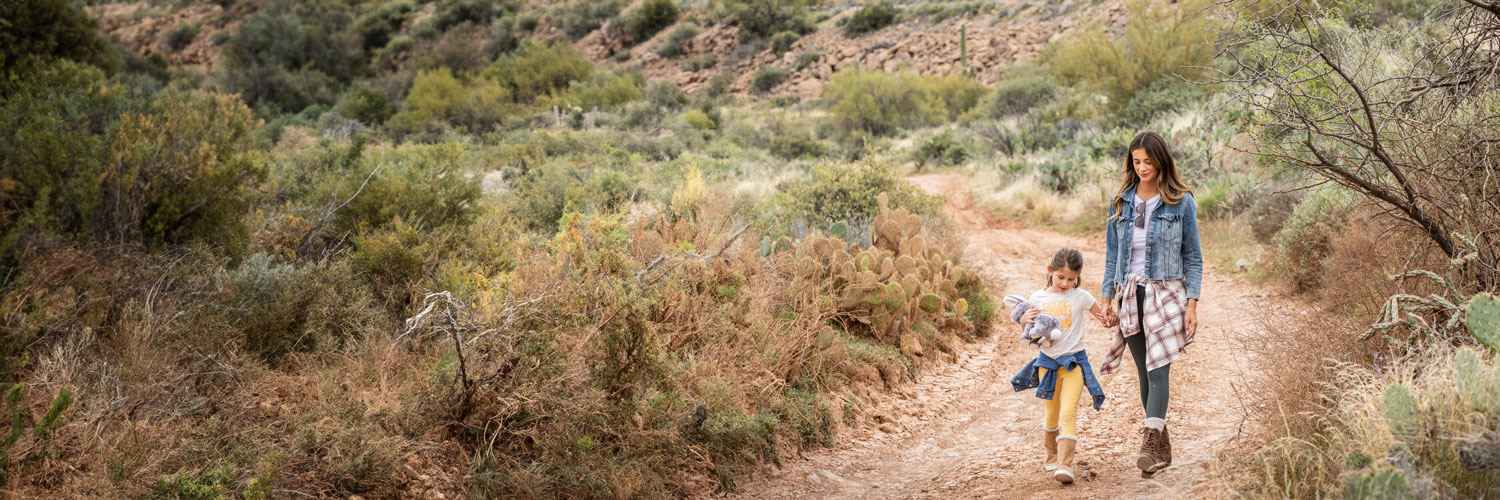5 Tips You Need To Know To Go Green With Your RV – Part 1
RV trips are already one of the most environmentally friendly vacations your family can take; it’s greener than flying somewhere, driving to a destination, or staying at a hotel. RVs conserve resources like water and electricity, and they are strategically designed to increase fuel efficiency. Many are even built with eco-friendly materials! But beyond the ways they are already better for the environment, here are 5 things YOU can do to be even greener with your RV.
1. CUT YOUR WASTE
When you’re camping, try to gravitate towards reusable materials rather than disposable ones. Pack dishes and silverware or reusable Tupperware instead of paper plates and plastic forks. Reusable straws are getting more and more common in stores; try switching out your plastic straws for ones that are better for the environment. Get creative and see what ways you can reuse the disposable things you do bring; refill bottled water, reuse plastic bags for garbage and other needs, or repurpose foil and wrappers.
Just the same, recycle what you can. Separate the recyclables from the garbage, and dump your recycling at the nearest station whenever you can. Even more, try to use recyclable paper and plastic items to even further cut down what you’re putting in the trash.
You should be planning your meals thoughtfully and be realistic about what you can make in order to cut down food waste. Try to make one-pot meals to use less cookware and food, as well as reduce the amount of water you have to use when cleaning up. Be conscious of what you see being wasted and think of what you can do to reduce it. You may be surprised how little you throw away when you put in effort.
2. REDUCE YOUR ENERGY USE
Stop feeling the need to blast the heater and AC by being strategic with your parking locations and the materials you bring. In the summer, park in shady spots and open windows to create a gentle breeze. In winter, park somewhere where your RV can be warmed up by the sun and sheltered from north and west winds. Bring the proper attire, blankets, cooling rags or even phone-powered (or solar-powered) fans to keep cool when you’re hot and warm when you’re not.
Solar kits can be your best friend when reducing power consumption too, and they are powerful enough to keep your RV fully charged. Your fridge alone may be using up a lot of your energy for no reason; you’d be shocked at the unnecessary energy consumption of old refrigerators. Update to a newer model or opt for a high-efficiency marine model to lessen your costs and your environmental impact.
You can also save water and increase energy efficiency by investing in a good water filtration system; the system eliminates the use of plastic bottles.
Don’t worry! There are plenty more tips coming your way on how to stay green as you travel the country. Check out part two of this series to find more ways you and your RV can be environmentally friendly.
3. MAXIMIZE YOUR FUEL EFFICIENCY
Small adjustments can have a significant impact. There are a few minor changes you can make to increase your fuel efficiency instantly.
Start by checking your tires. Properly inflated tires actually improve your gas mileage, so don’t waste money and fuel for something you should already be doing. Try to fill your tank with bio-diesel as opposed to regular diesel as well.
Your weight also contributes to your fuel usage. Don’t pack up your entire home, but instead try to stick with the bare necessities of what you need for the trip. Less weight is more gas mileage.
Reducing your speed on hills, as abstract as that may seem, will also increase fuel efficiency. So will maintaining your vehicle and making sure everything is finely tuned and working correctly. Take care of your RV and drive slow on the uphill roads, and you’ll be good to go.
4. EVALUATE YOUR TANK CLEANERS
Chemical tank cleaners and deodorizers aren’t good for the environment. They are toxic and pollute the soil and water. It’s best to avoid chemical cleaners, and opt for enzyme-based tank cleaners instead, which work wonderfully and are completely natural.
Even more, be sure to purchase RV toilet paper over regular toilet paper. This will break down easily and prevent any issues—environmental or otherwise.
5. DON’T DO NIGHTLY CAMPFIRES
We get it; we get it—campfires are the staple of camping. But we aren’t asking you to cut them out altogether; instead, make smaller and less frequent bonfires than you may feel inclined to. Fires release ash into the environment and toxins into the air, making them not the cleanest source of family fun. Cut down the amount of times you make one, and don’t let them be giant bonfires. A modest fire will roast your marshmallows just the same.
Also remember to never, ever burn trash. Plastics, metals, and even paper products release toxins when they’re burned that are harmful to the air quality and shouldn’t be breathed in. Make sure you feed your fires responsibly.
Traveling by RV may already be a cleaner choice than its alternatives, but with a little extra effort, you can make it the greenest it can be. Choose your supplies carefully, don’t bring too many of them, don’t throw out what you don’t need to, and manage your vehicle responsibly. This is all it takes to be an environmentally friendly vacationer and camper. One step at a time, we can help make the earth a greener place.
Most Popular Blogs
Easy Workouts While on the Road
Traveling away from home shouldn’t mean sacrificing your exercise routine. […]
